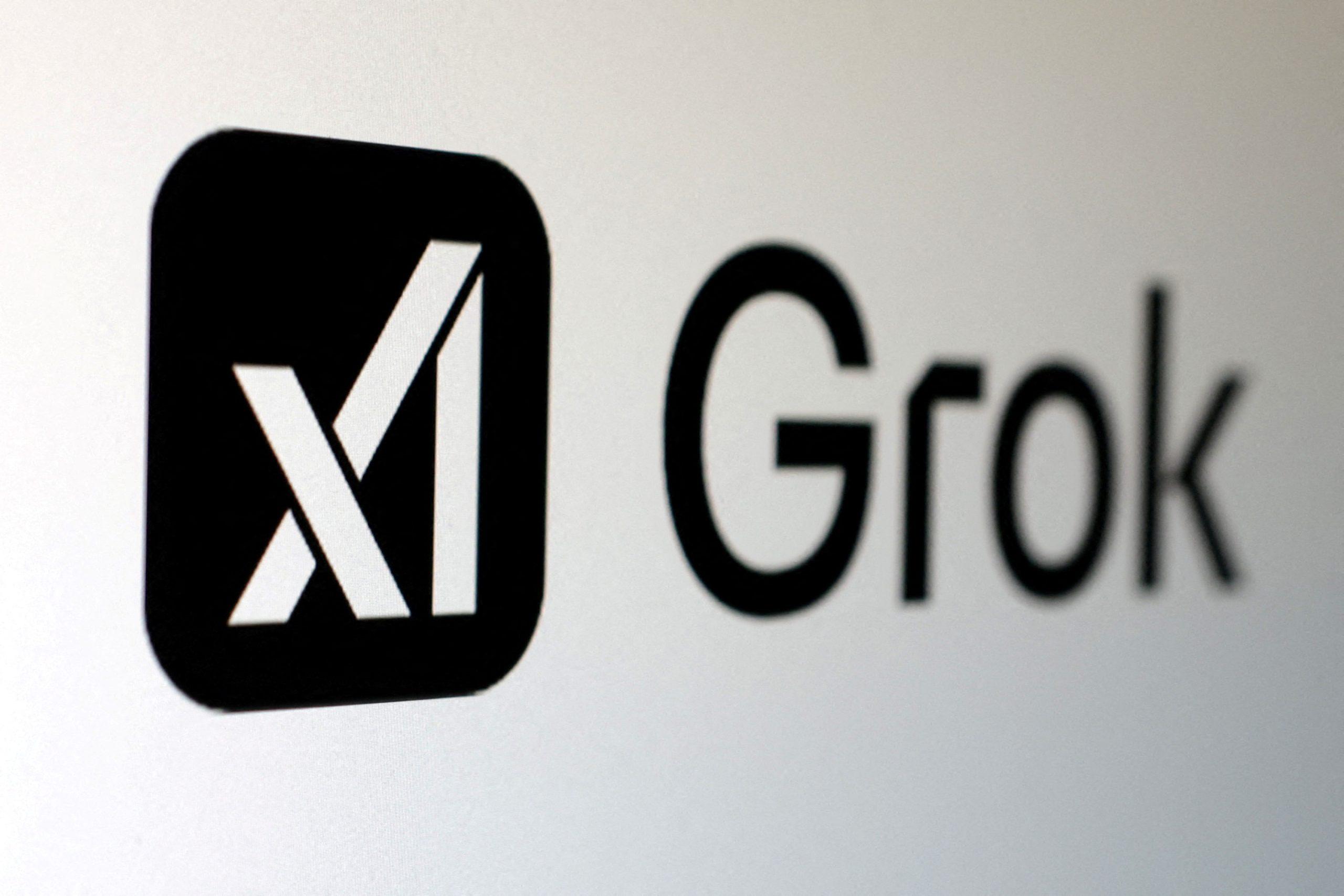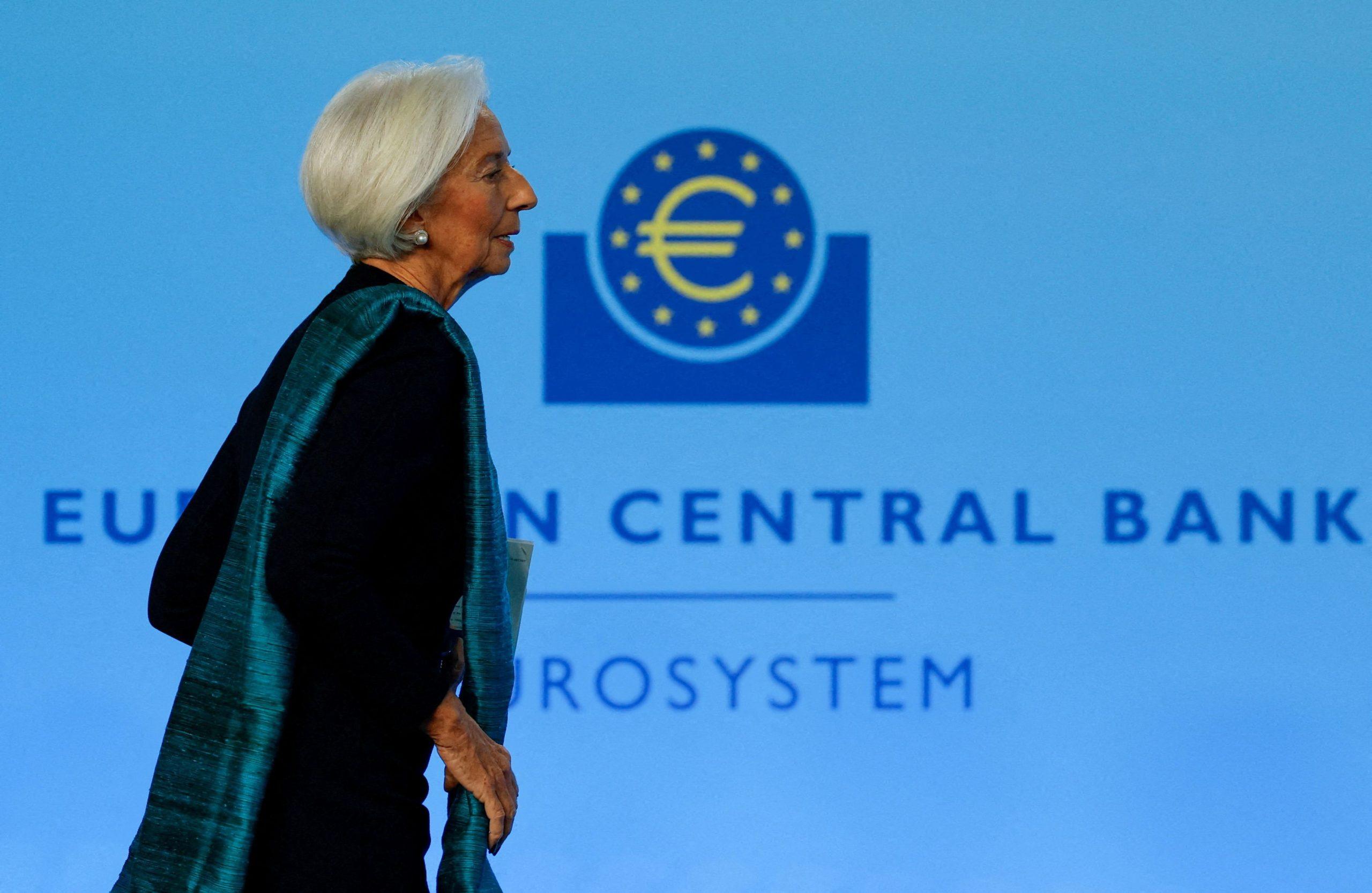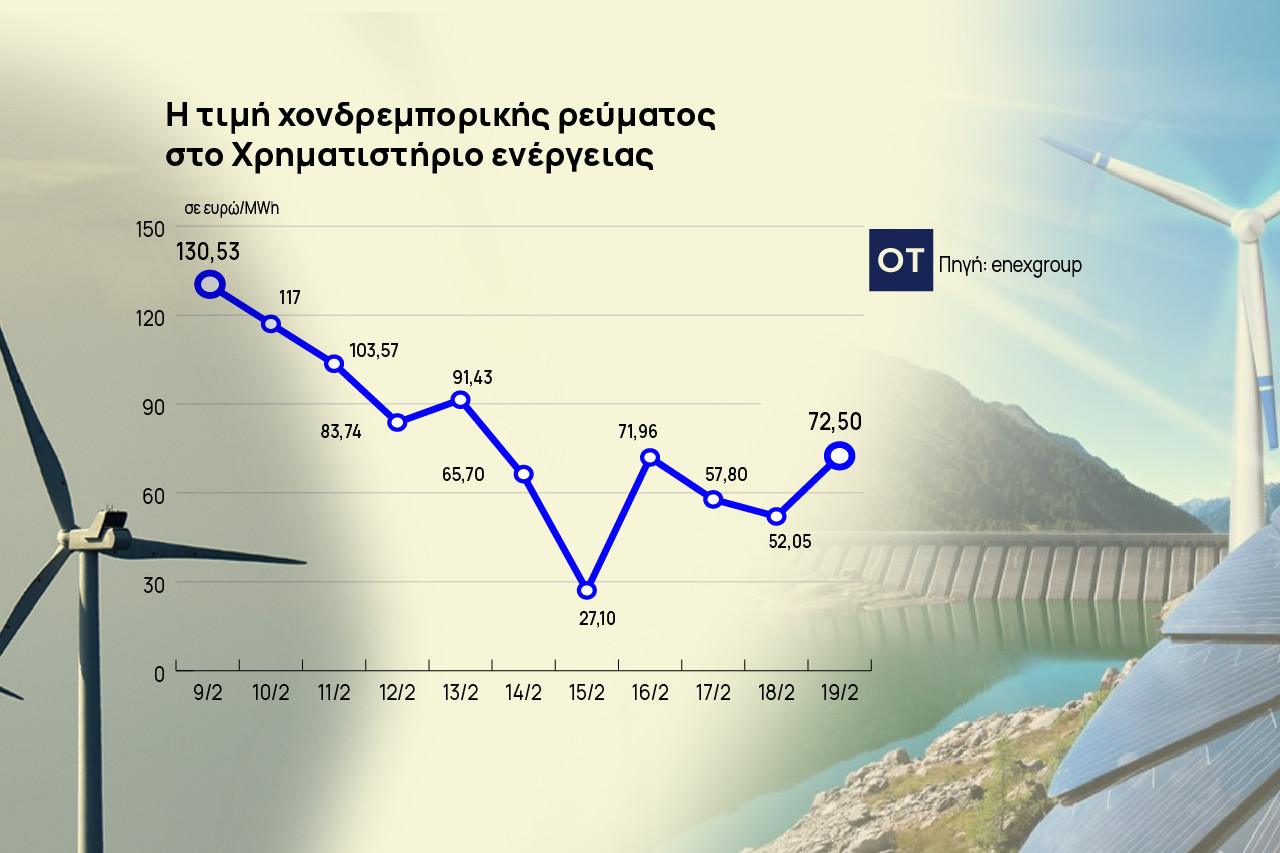Greek credit institutions have launched a major information campaign to prevent fraud through e-banking services, as the number of related cases has increased significantly since the outbreak of the pandemic.
Through television, radio and internet banners, the Hellenic Banking Association (EET) is trying to make it clear to e-banking and mobile banking subscribers that every message they receive via SMS or e-mail does not necessarily come from their partner bank.
The same is done by each bank separately through its website, e-mails and messages in the e-banking boxes of its customers.
The central motto is “One pause is enough”. That is, the recipient of any message is asked to read it carefully before making any other move, to make sure it has been sent by his bank.
The only thing for sure is that the latter will never ask him to disclose the passwords to his online services, nor does he urge to go to them through hyperlinks.
So anyone who receives such a message should immediately delete them and not click on any link.
If he considers that he has made a mistake, he should immediately contact the service department of the credit institution with which he cooperates.
He should do the same if he is not sure about a message. The bank representative will confirm its authenticity.
The numbers are frightening
The truth is that from 2020 due to the large increase in the number of e-banking users, fraud cases are constantly moving upwards in the field of e-banking.
This is always due to the ignorance or carelessness of the user, who paves the way for e-robbers to steal money or charge their cards.
For this reason he is not entitled to any compensation, due to his fault.
According to the latest data published by the services of the Bank of Greece, in the first nine months of 2021 the cases of fraud through e-banking increased sharply.
In particular, the total booty reached 40 million euros, recording an annual increase of more than 500%.
The most popular method
Currently, the most popular method of transferring funds to the perpetrators’ accounts is fraudulent e-mails or SMS.
These are supposed to be sent by the victim’s bank. They report that there is a problem and that it needs to be resolved immediately.
They may mention the following:
• “Suspicious activity has been observed on your account”
• “Suspicious activity has been observed on your card”
• “Your account has been locked”
• “Your account has been deactivated”
• “Your card is locked”
• “Your card has been deactivated”
The e-mails urge the recipients to follow the instructions that exist in a link, which is contained in the same e-mail or SMS.
This link, however, leads to a fraudulent website identical to the bank’s e-banking, which is completely controlled by experts. This means that what is typed there, comes to their knowledge.
Thus, they can extract the e-banking login details and the one-time codes (OTP) that the victims receive at that moment on their mobile phone, from the moment they enter them on the fraudulent website.
Therefore, the perpetrators have everything they need to execute remittances and online purchases or prepaid credit cards linked to digital bank accounts based outside Greece.










![Ελβετικό φράγκο: Άνοιξε η πλατφόρμα για τη ρύθμιση των δανείων [πίνακες]](https://www.ot.gr/wp-content/uploads/2026/02/ot_swiss_Francs25-1024x668-1-1-3-300x300.jpg)




















![Ελβετικό φράγκο: Άνοιξε η πλατφόρμα για τη ρύθμιση των δανείων [πίνακες]](https://www.ot.gr/wp-content/uploads/2026/02/ot_swiss_Francs25-1024x668-1-1-3.jpg)



![Ελλάδα: Υποχώρηση της προσφοράς καταλυμάτων βραχυχρόνιας μίσθωσης [πίνακας]](https://www.ot.gr/wp-content/uploads/2026/02/airbnb-1.jpg)





